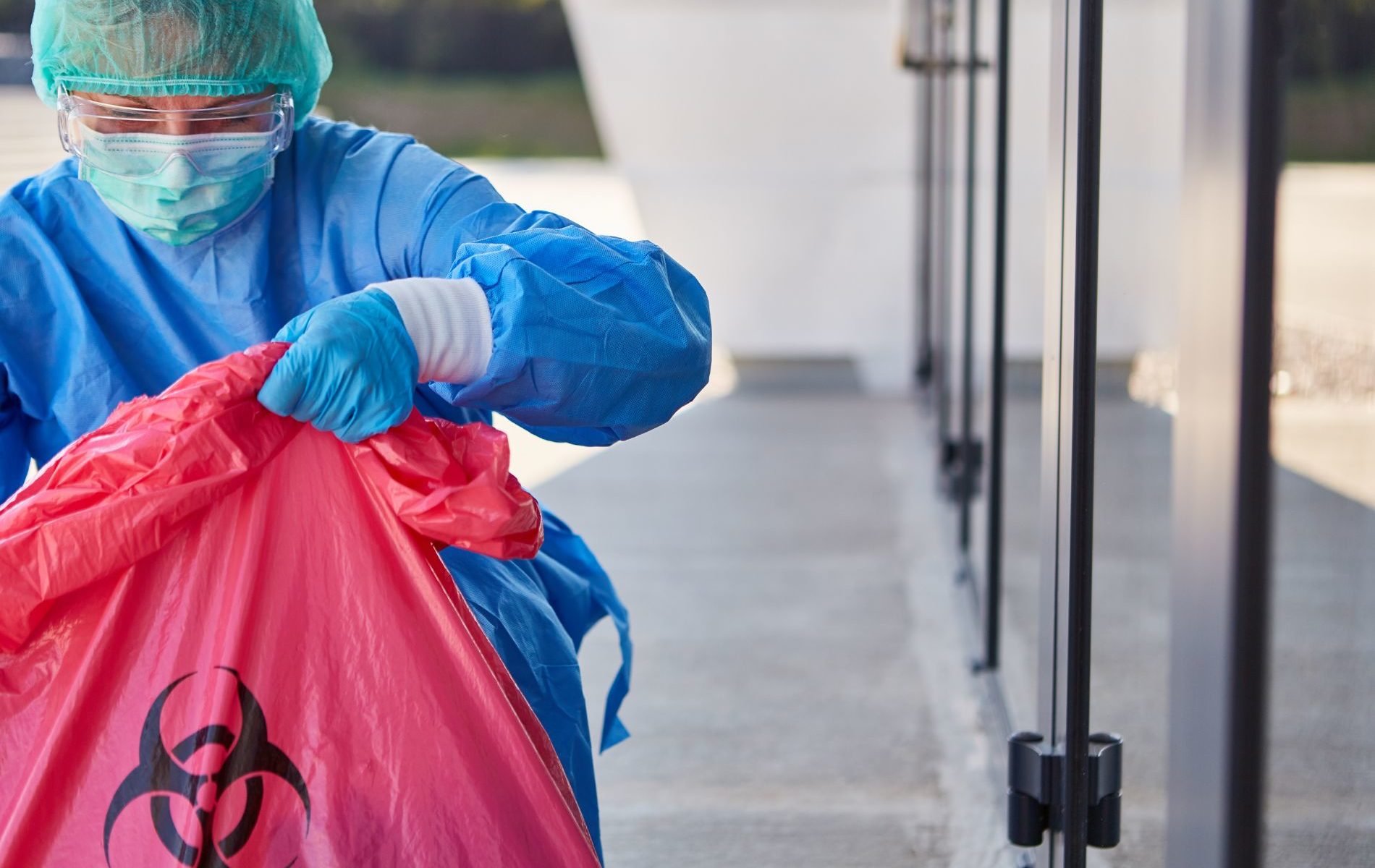Excitement About Reclaim Waste
Excitement About Reclaim Waste
Blog Article
The 25-Second Trick For Reclaim Waste
Table of ContentsGetting My Reclaim Waste To WorkMore About Reclaim WasteThe Ultimate Guide To Reclaim WasteThe Best Guide To Reclaim WasteHow Reclaim Waste can Save You Time, Stress, and Money.
Discover the kinds, events, and forms of fluid waste. Domestic sewer waste refers to the waste and products from a domestic septic storage tank. This kind of waste is produced by humans in homes, institutions, and various other structures. This only includes sewage-disposal tanks that have a drain field. The appropriate monitoring and disposal of domestic sewer waste need fluid waste to be transferred to a sewage treatment plant where the appropriate methods and equipment are put on cleanse and dispose of waste.
Business waste commonly consists of possible threats, such as flammable products or a blend of fluid and solid waste products, and calls for a more advanced and in-depth disposal process. The disposal of industrial waste typically entails the filtration of waste before transport to make sure secure and appropriate disposal. Hazardous waste is developed from results and drainage of industrial procedures and production.
This sort of waste can not utilize the exact same sewer management transport or processes as septic or business liquids. The hazardous waste management procedure needs the examination and screening of liquid waste prior to it undertakes the disposal process (liquid waste disposal). Overflow waste is the fluid waste that comes from overflow and excess stormwater in very populated areas or cities
Runoff waste can create contamination and flooding if not taken care of correctly. Discover more regarding sewage system cleansing and waste monitoring. Making certain appropriate waste administration can prevent calamities and reduce ecological injury. Both people in domestic settings and professionals in commercial or production sectors can gain from comprehending the procedures and policies of liquid waste monitoring.
The Greatest Guide To Reclaim Waste
Get in touch with PROS Services today to find out about our waste administration and disposal services and the proper ways to take care of the fluid waste you create.
(https://www.huntingnet.com/forum/members/reclaimwaste1.html)This supposed 'wastewater' is not just a crucial source but, after treatment, will be launched to our land, rivers or the ocean. Utilized water from bathrooms, showers, baths, cooking area sinks, laundries and industrial processes is known as wastewater.

water used to cool down equipment or tidy plant and tools). Stormwater, a form of wastewater, is overflow that flows from farming and city locations such as roofs, parks, yards, my sources roads, courses and seamless gutters into stormwater drains pipes, after rainfall. Stormwater flows untreated directly to regional creeks or rivers, eventually getting to the sea.
What Does Reclaim Waste Do?
In Queensland, most wastewater is dealt with at sewer treatment plants. Wastewater is moved from domestic or industrial websites through a system of drains and pump stations, referred to as sewerage reticulation, to a sewage treatment plant. Local federal governments build, keep and run most sewer therapy plants. Operators are accredited under the Environmental Management Act 1994 to discharge cured wastewater at an appropriate environmental standard right into rivers.
The Department of Natural Resources recommends neighborhood federal governments concerning managing, operating and preserving sewage systems and therapy plants. In unsewered locations, city governments may require householders to set up individual or house sewer therapy systems to treat residential wastewater from toilets, kitchen areas, shower rooms and laundries. The Division of Natural Resources authorises making use of family systems when they are proven to be efficient.
In some brand-new subdivisions, treatment of some stormwater to get rid of clutter, sand and gravel has started making use of gross contaminant traps. Wastewater treatment happens in four phases: Gets rid of solid issue.
Wastewater then streams right into large storage tanks where solids settle and are removed as sludge. Oil and scum are skimmed from the surface. Makes use of small living microorganisms called micro-organisms to break down and remove continuing to be liquified wastes and fine fragments. Micro-organisms and wastes are included in the sludge. Eliminates nitrogen and phosphorus nutrients that might cause algal flowers in our waterways and endanger aquatic life.
See This Report about Reclaim Waste
Nutrient elimination is not available at all sewer treatment plants due to the fact that it needs pricey specialist equipment. Clear fluid effluent produced after treatment might still contain disease-causing micro-organisms - industrial wastewater treatment.

This generally suggests wastewater needs to be treated or contaminants gotten rid of prior to it can be released to rivers. A lot of wastewater streams into the sewage system. Under the Act, city governments carry out authorizations and licences for environmentally appropriate activities (Periods) including wastewater releases that may have a local influence. The department carries out approvals and licences to ERAs involving wastewater launches that may have a regional or statewide influence.
Facts About Reclaim Waste Revealed
Monitoring supplies accurate information concerning water quality and can validate that permit conditions are being met. The info obtained with surveillance supplies the basis for making water high quality choices.
Report this page